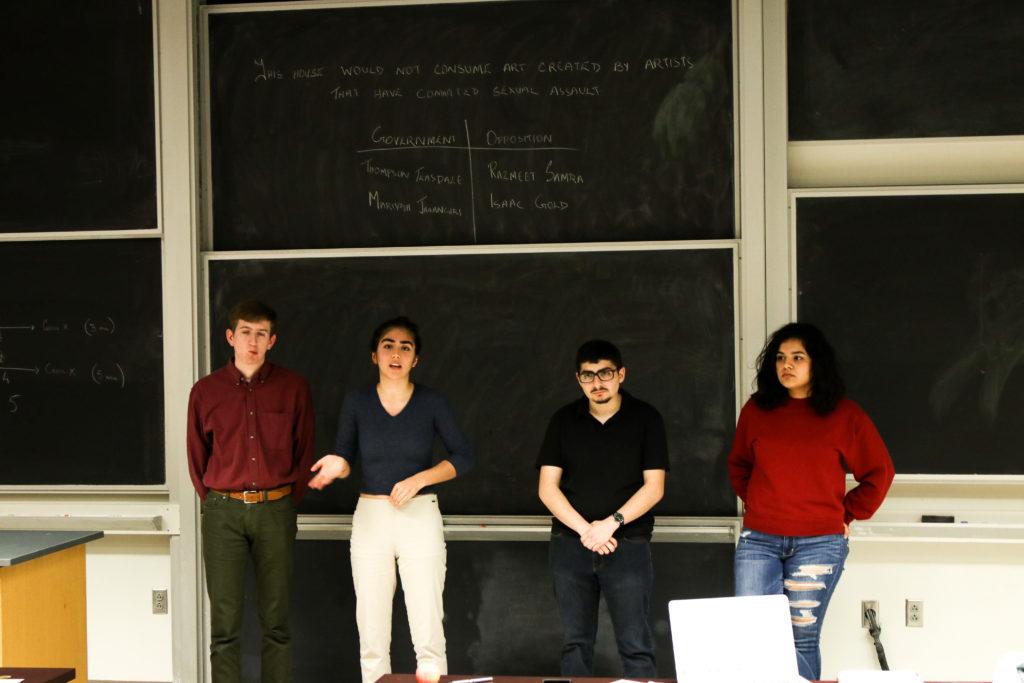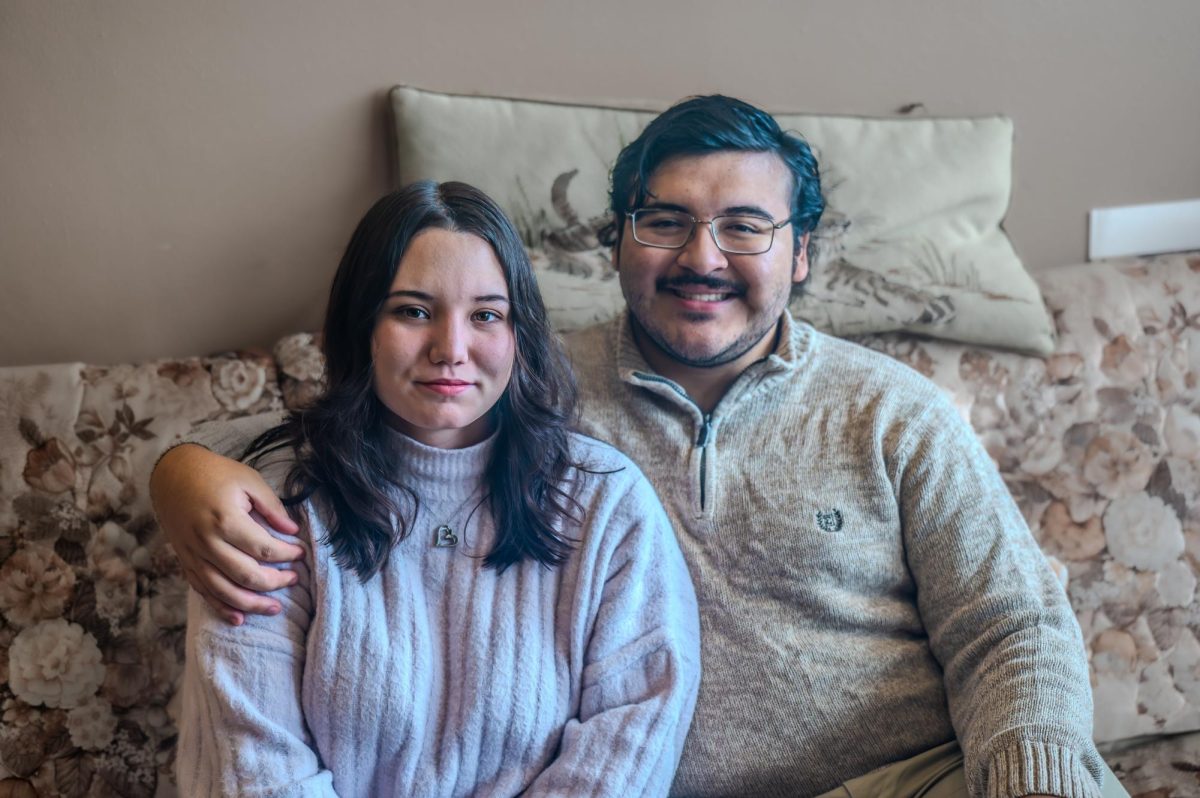
In the past month, revelations surfaced surrounding comedian Louis C.K.’s pattern of sexual harassment towards women. Following this news, ethically-minded comedy lovers face a difficult question: can they reconcile their love of C.K.’s comedy with his transgressions, or must they swear the comic off forever?
Thanks to the testimonies of courageous men and women, social media campaigns such as #metoo and journalism like the New York Times’ Harvey Weinstein exposé, our society has been confronted with the pervasive nature of sexual assault and harassment — particularly in the entertainment industry. Yet, as we stand at the cusp of this moment, the question remains: how will we as a society proceed? Can we separate the art from the disgraced artist? Is it ethical to consume art if its creator has been accused of sexual assault or harassment?
These are some of the questions that Isaac Gold ’19, Mariyah Jahangiri ’20, Razmeet Samra ’20 and Thompson Teasdale ’20, members of Grinnell College’s Debate Union, planned to address in their public debate on Thursday. The event was held at 7:30 p.m. in Noyce 1023. The exact case statement reads: Is it ethical to consume art if its creator has been accused of sexual assault or harassment? Teasdale and Jahangiri will argue the affirmative, while Gold and Samra will argue against the resolution. The winner will be determined based on audience voting, which occurs both before and after the debate.
Debate Union, the oldest running club on campus according to Samra, has an on-campus debate every two weeks. The resolution for this week’s debate was decided after a club-member suggested a topic dealing with call-out culture. Samra explained that the club “started talking about artists who had committed sexual assault, specifically Louis C.K. [and] formed the resolution to be more general.” Jahangiri added that the two sides were initially both made up of men but that the club “wanted to make it equal” in terms of gender because “even from a feminist standpoint, it’s possible to argue the other side.”
Teasdale also emphasized the importance of seeing both sides of an issue: “The thing I really like about debate is that you get to choose to represent sides that you don’t personally agree with, so you [can’t] shut yourself out.” Jahangiri agreed, stating that the goal for the event was a “thoughtful exchange of ideas.” The club members expressed their hopes that this debate spark discussion on campus about issues of sexual assault and harassment. Samra stated that she hopes that “people are not afraid to share their ideas” and that “we love it when people interested come and watch the debate because there’s an audience participation aspect where we take audience questions.”
Adding to the participation of Grinnell community members, Thursday’s debate is co-sponsored by Monsoon United Asian Women of Iowa, a non-profit organization that works with victims and survivors of domestic violence and sexual assault in Iowa’s Asian and Pacific Islander communities. Samra explained that, through partnerships such as the one with Monsoon, the club aims to add to the dialogue surrounding issues that matter to the Grinnell community and beyond: “Debate is usually perceived to be boring, but the direction that debate club has taken at Grinnell [is to] do debates that are related to social justice issues [and] be a part of relevant conversations on campus.”
Whatever your position on the debate’s resolution, the event on Thursday is sure to be relevant to conversations that are taking place across campus and across the United States. As Jahangiri stated: “This is a debate within the field of sexual assault, [which is] something we all have to think about.”





















































